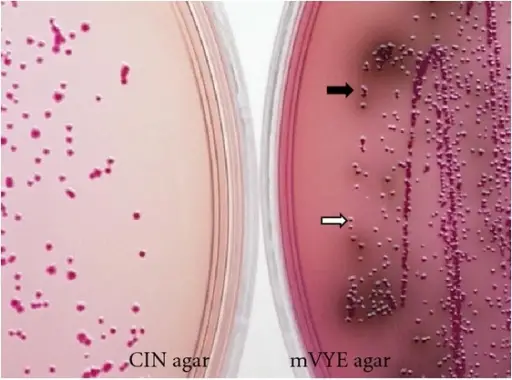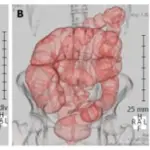Yersinia is genus of bacteria in the family Yersiniaceae. Yersinia enterocolitica is an infection caused most often by eating raw or undercooked pork contaminated with Yersinia enterocolitica bacteria.
What is the Pathology of Yersinia Enterocolitica?
The pathology of yersinia enterocolitica is:
-Etiology: The cause of yersinia enterocolitica is bacteria Yersinia.
-Genes involved: None.
-Pathogenesis: The sequence of events that lead to yersinia enterocolitica are: colonization of the intestinal tract, particularly the distal small intestine terminal ileum and proximal colon. Accordingly, most of the pathologic effects and, hence, clinical manifestations occur at this location.
-Histology: The histology associated with yersinia enterocolitica shows bacteria.
How does Yersinia Enterocolitica Present?
Patients with yersinia enterocolitica in all genders and at all ages. The symptoms, features, and clinical findings associated with yersinia enterocolitica include: Diarrhea, low-grade fever, abdominal pain, and vomiting.
How is Yersinia Enterocolitica Diagnosed?
Yersinia enterocolitica is diagnosed by detecting the organism in the stool of an infected person.
How is Yersinia Enterocolitica Treated?
Yersinia enterocolitica is treated by aminoglycosides and trimethoprim-sulfamethoxazole.
What is the Prognosis of Yersinia Enterocolitica?
The prognosis of yersinia enterocolitica is good. The symptoms usually last for 1 to 3 weeks. People with mild symptoms usually recover on their own without treatment.



